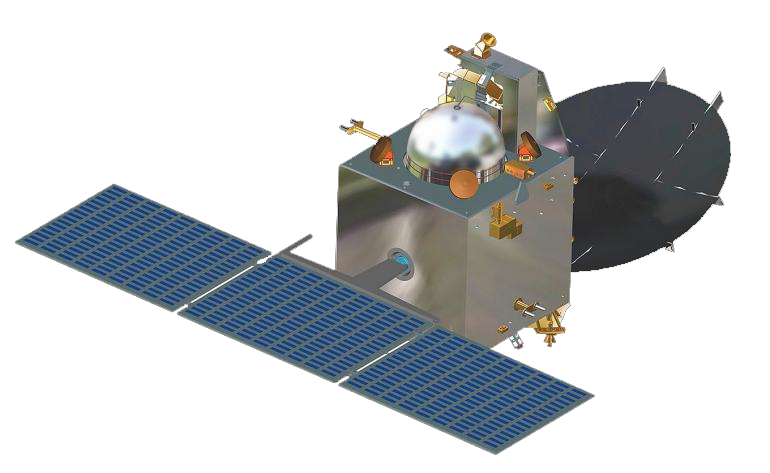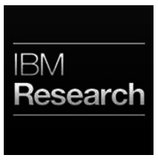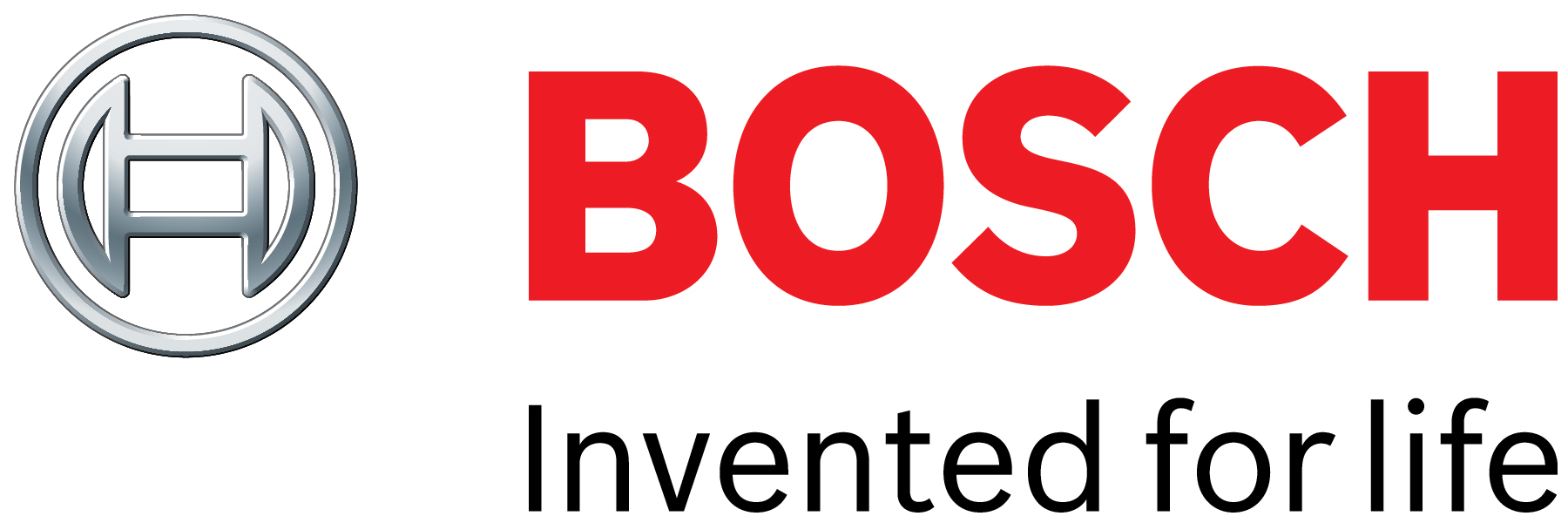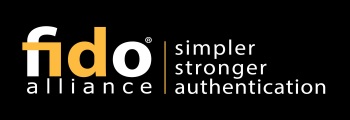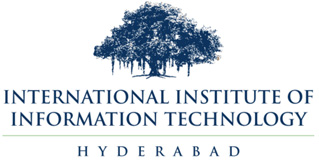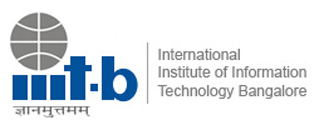Workshop on Intelligent Transportation Systems (ITS)
Workshop Date: January 4, 2017
The third workshop on Intelligent Transportation Systems (ITS) will be held in conjunction with COMSNETS 2017. This interdisciplinary workshop aims to bring together researchers from various disciplines, and will focus particularly on interdisciplinary approaches to solving urban transportation problems. The workshop invites original papers that make contributions to modeling and control of urban transportation systems. We welcome papers involving any combination of theory, analytical modeling and optimization, numerical simulations, real-world data-driven approaches, experimentation, advanced deployment and case studies. Studies involving economic, behavioral and environmental aspects are equally welcome.
Domains of interest include, but are not limited to:
- Traffic theory for ITS
- Modelling, control and simulation
- Emissions, noise, environment
- Multi-modal and public transportation management
- Economic considerations
- V2V and V2I theory and applications
- Human factors and human behavior
- Dynamic characterizations and emergent phenomena
- Emergencies and accidents: phenomena, management and mitigation
- Sensors and Big data and ITS
- ITS field tests, deployment and experimentation
- Design and evaluation of machine learning models on IoT data
- Automated Vehicles
Submission Guidelines
- Submissions must be no greater than 6 pages in length including all figures, tables, and references and must be a PDF file. A minimum number of 3 pages are required.
- Reviews will be single-blind: authors name and affiliation should be included in the submission.
- Submissions must follow the formatting guidelines as given on IEEE Website.
- All workshop papers (full papers - both regular and invited) will appear in conference proceedings and submitted to IEEE Xplore as well as other Abstracting and Indexing (A&I) databases.
- All papers must be in Adobe Portable Document Format (PDF) and submitted through the WACI Workshop submission site on EDAS.
Papers can be submitted through EDAS : Click Here
Important Deadlines
| Paper Submission | Nov 17, 2016 |
| Notification of Acceptance | Dec 6, 2016 |
| Camera-ready Submission | Dec 15, 2016 |
| Workshop Date | Jan 4, 2017 |
Plenary Speakers

Pravin Varaiya
University of California, Berkeley, USA
A high-resolution (HR) data system for a signalized intersection collects the location (lane), speed, and turn movement of every vehicle as it enters the intersection, together with the signal phase. The data can be used to estimate several performance metrics of the intersection. Historical data can be used to understand trends and to design optimal timing plans. Real time data can be used to make predictions several hours ahead and to change timing plans accordingly. The talk will describe an HR system and illustrate the uses of its data.

Tomer Toledo
Technion- Israel Institute of Technology, Israel
Autonomous and connected vehicles are likely to become an integral part of the traffic stream within the next few years. Their presence is expected to greatly modify travel demands and habits, traffic flow characteristics, traffic safety and related external influences, such as energy consumption, emissions and pollution. Already a significant body of research exists on the technical requirements, sensing and communications systems and the algorithms that could control a single autonomous and connected vehicle or coordinate movement of these vehicles when they are interacting with each other.
Evaluations of the implications of the presence of these vehicles in the traffic stream on traffic flow as a whole and on externalities are needed. This suggests a need to enhance current traffic models, in particular microscopic ones, to represent autonomous and connected vehicles, the algorithms that control and coordinate between them, their interactions with non-autonomous vehicles and the behaviours of human drivers in the presence of these vehicles. This talk would focus on defining requirements and specific traffic flow modelling needs that account of the presence of autonomous and connected vehicles, their specific physical attributes, modes of operation and characteristics of scenarios in which they will operate.
Invited Speakers

Lavanya Marla
University of Illinois at Urbana-Champaign, USA
Abstract: We address a key problem in B2B and B2C supply chain logistics, particularly important in the volumes of movements in emerging economies. Both B2B and B2C transactions require pickups and deliveries of shipments between businesses (B2B) and to the end users (B2C). A core problem in these settings in the Vehicle Routing Problem with Time-Windows (VRPTW), studied extensively for the last five decades. To address issues of scalability for very large instances that emerging economies demand, we present a novel Deterministic Annealing (DA)-based approach to solving the VRPTW. Our approach models aspects of routing and scheduling, as well as additional constraints of heterogeneous vehicles and shipments. This is the first time, to our knowledge, that a DA approach, inspired from information theory, has been used for problems in the class of the VRPTW. We describe how our DA approach gives rise to an effective heuristic for the VRPTW, which is designed to not get trapped in local minima, and demonstrates less sensitivity to initial solutions. The algorithm trades off routing and scheduling in an n-dimensional space using a tunable parameter that allows us to generate qualitatively good solutions. Businesses can tune these parameters to get qualitatively good solutions that differ in specific properties and allow the manager the freedom to choose tailored solutions. Simulation results on benchmark instances demonstrate the scalability of our approach to very large instances, outperforming current methods in terms of speed, and also in quality for a majority of instances. This is joint work with Mayank Baranwal, Srinivasa Salapaka and Carolyn Beck.
Bio: Lavanya Marla is an assistant professor in the department of Industrial and Systems Engineering at the University of Illinois at Urbana-Champaign. Prior to this, she was a Systems Scientist with the iLab’s Mobility Analytics group in the Heinz College at Carnegie Mellon University; and she holds a PhD in Transportation Systems from the Massachusetts Institute of Technology. She develops models and algorithms for large-scale transportation and logistics systems, for robust decision-making under uncertainty, real-time adaptability, using tools from optimization, statistics, simulation, simulation-optimization and other computational techniques. She has applied her work to aviation, logistics, emergency management and shared transportation systems. Her recognitions include a US Department of Transportation award for a University Transportation Center at CMU, and the US-India Educational Foundation's 21st Century Knowledge Initiative grant. Her experience has involved collaborations with IBM Research, UPS, NASA, various airlines, and consulting companies.
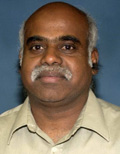
Kaliappa Ravindran
City College of New York, USA
Workshop Agenda
| Time | Sessions |
| 09:00 - 10:00 | Plenary Talk 1: "Measurement, prediction and control of signalized urban intersections", Pravin Varaiya (UC Berkeley, USA) |
| 10:00 - 10:30 | Invited Talk 1:"New algorithms for Large-scale B2B and B2C Logistics", Lavanya Marla (Univ. of Illinois at Urbana-Champaign, USA) |
| 10:30 - 11:00 | Tea Break |
| 11:00 - 11:20 | Contributed Paper 1: "A Weight-Based Map Matching Algorithm using Minimum Input Variables for Urban Road Networks", Souvik Maity, Soumik Dalal, Sayan Ranu, Lelitha Vanajakshi |
| 11:20 - 11:40 | Contributed Paper 2: "Analysis of the Tau Concept used in Aircraft Collision Avoidance through Kinematic Simulations", Sushrut Vaidya, Taha Khot |
| 11:40 - 12:00 | Contributed Paper 3: "Decision Recommendation System for Transporters in an Online Freight Exchange Platform", Prabir Mallick, Sudeshna Sarkar, Pabitra Mitra |
| 12:00 - 12:20 | Contributed Paper 4: : "A Fair and Effective Driver Rating System for Developing Regions", Munshi Alam, MYA, Sunny Saurav, Ratna Mandal, Sujoy Saha, Subrata Nandi, Sandip Chakraborty |
| 12:20 - 12:50 | Invited Talk 2:"Autonomous cars and cooperative cruise control of multiple vehicles on the road", Kaliappa Ravindran (CUNY, USA) |
| 13:00 - 14:00 | Lunch Break |
| 14:00 - 15:00 | Plenary Talk 2: : "Modeling driving behavior in the presence of autonomous vehicles", Tomer Toledo (Technion, Israel) |
| 15:00 - 15:20 | Contributed Paper 5: "Inter and Intra Frame Flow Correspondence for Real-time Vehicle Detection for Driver Assist", Ruppin Kumar Krishna Kumar, Apurba Das, Sharfudheen PV, Palak Dave |
| 15:20 - 15:40 | Contributed Paper 6: "Road Boundary Detection In Low Light Using Mono Camera Based Spatio-Temporal Gradient Correspondence", Deepshikhar Tyagi, Sameer Farkade, Upendra Suddamalla |
| 15:40 - 16:00 | Contributed Paper 7: "Simulation Framework for Modeling Bidirectional Mixed Traffic", Punith B. Kotagi, Gowri Asaithambi |
| 16:00 - 16:30 | Tea Break |
| 16:30 - 17:15 | Panel Discussion: "ITS your way out of congestion, or build your way out?" |
Workshop Co-Chairs

Aditya Gopalan
IISc Bangalore, India

Gitakrishnan Ramadurai
IIT Madras, India
Program Committee:
Aditya Gopalan IISc Bangalore, India
D. Manjunath, IIT Bombay, India
Gaurav Raina, IIT Madras, India
Gitakrishnan Ramadurai, IIT Madras, India
Jayakrishnan Nair, IIT Bombay, India
Koyel Mukherjee, Xerox Research Centre, India
Krishna Jagannathan, IIT Madras, India
Lavanya Marla UIUC, USA
Parimal Parag, IISc Bangalore, India
Prashanth LA, University of Maryland, USA
Pravesh Biyani, IIIT Delhi, India
Ramakalyan Ayyagari, NIT Trichy, India
Shalabh Bhatnagar, IISc Bangalore, India
Shankar Subramaniam, IIT Madras, India
Ramachandra Rao Kalaga, IIT Delhi, India
Shaunak Sen, IIT Delhi, India
Sitabhra Sinha, IMSc Chennai, India
Venu Madhav Govindu, IISc Bangalore, India
